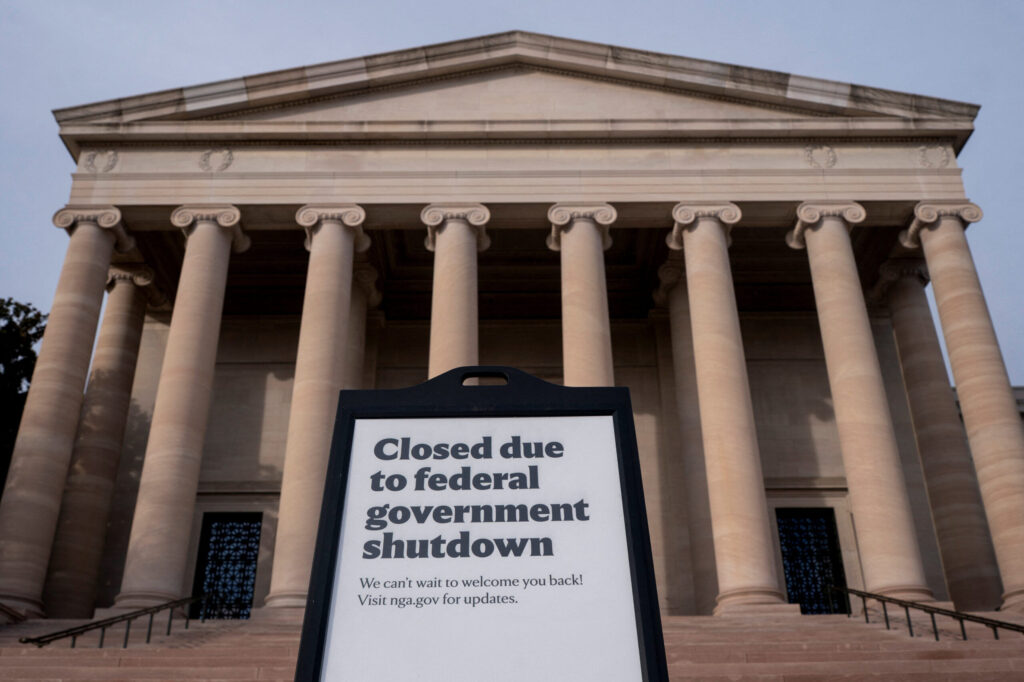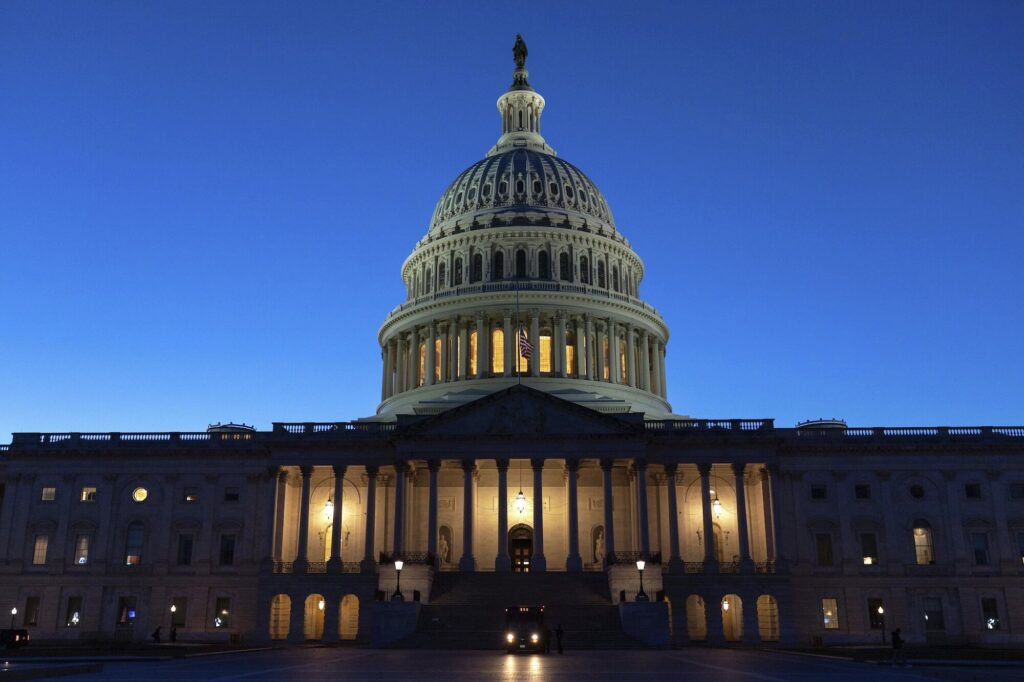The business of the legislative GOP is (lightening the load on) business
You’d think “Silent Cal” Coolidge, having uttered so few memorable words during his presidency, would have been quoted accurately the few times he did say something noteworthy. Yet, historians tell us the 30th U.S. president’s most cited line – often rendered as, “The business of America is business” – is at best a mangled fragment taken way out of context. The actual quotation was part of a lengthy and more nuanced defense of a free press. Coolidge may have been Republican to the bone, but his remarks weren’t meant as a gratuitous celebration of unbridled capitalism.
Today’s Republicans similarly will tell you their sympathies for business aren’t about amassing wealth in the hands of a few but about unshackling the forces that create jobs for the masses. Democrats and others beg to differ, of course, but it is that credo that the GOP invokes in seeking to cut regulations they say smother investment in jobs.
Hence, legislative Republicans’ perennial promise to make it easer to do business in the Centennial State, an agenda that advanced Monday in the state Senate.
Senate Bill 186, introduced in the upper chamber by the GOP’s Sen. Jack Tate of Centennial, would require state agencies that seek to adopt new rules to first, “prepare a regulatory flexibility analysis in which the agency considers using regulatory methods that will accomplish the objectives of applicable statutes while minimizing the adverse impact on small businesses.”
In other words, to tread more lightly when using the bureaucracy’s administrative power to impose more regulations on small businesses. The legislation goes into detail defining the parameters of the analysis.
The proposal passed the State Business Labor and Technology Committee on a bipartisan, 6-to-1 vote and now heads to the Senate Finance Committee.
The Senate GOP touted the measure late Monday in a press statement quoting Tate:
Tate…called his bill a potential “game-changer” for state regulators and the small businesses they regulate. “All this bill does is ask those who make the rules to do a much better job of understanding and analyzing the impact those rules are having on small businesses,” said Tate. “It also asks regulators to begin tracking and measuring their fiscal impacts, in recognition of how such regulations can add costs and complexity to business operations in ways that hurt their profitability.”
Without such requirements, it’s too easy for agencies to pile regulation after regulation on businesses, with no broader understanding of the cumulative burdens being imposed over time, said Tate. “Given how critically important these companies are to the state’s economic health, it just makes sense for regulators to take a closer look at how their actions can impact not just the bottom lines, but the survival of our small businesses over time.”










